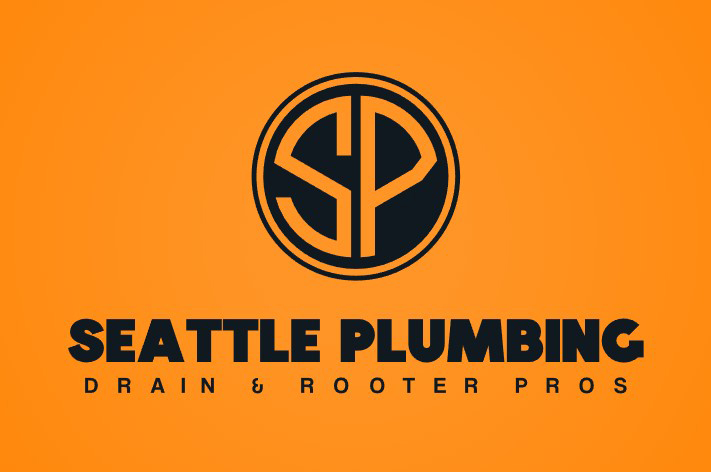Any of your pipes that are exposed to extreme cold or merely just freezing temperatures can freeze over which will not only stop your water supply to your home but could also burst or rupture requiring a major repair or replacement of the affected pipes. If your pipes do burst you will likely need the services of a plumber, but there are a few things you can try before the plumber arrives to minimize any further damages.

Call A Plumber ASAP Because Broken and Burst Pipes Can Cause Substantial Property Damage
The best way to deal with a frozen pipe is to prevent it from ever freezing in the first place. Did you know that your pipes can freeze even if they are not directly exposed to the outside air? The pipes that run inside or alongside of your exterior walls run a high chance of freezing during extremely cold weather. You can however take steps well in advance to prevent this from ever happening. I recommend insulating your pipes with foam rubber sleeves or fiberglass insulation. For pipes in areas that are not heated within the home you can opt for heated pipes, this is accomplished via special heating strips which use electricity to provide heat to potential problem areas. Seattle Plumbing, Drain and Rooter Pros can of course install these for you, or you could try a DIY project. Once the heating strips are applied you can then insulate the pipe. Both cold water and hot water pipes need to be protected, hot water pipes can freeze just as easily as a cold water pipe
can.
If you have outdoor pipes you should install a shut-off valve to any outdoor fixtures if you do not already have one. This way come winter you can turn off the water supply to vulnerable pipes from the inside. If you drain the pipes come winter or cold weather season which can start as early as October in some states coupled with the shut-off valve you should reasonably eliminate the risk to your outdoor plumbing system. As far as the inside pipe system goes if your pipes are not insulated you can always turn on each faucet to a slight trickle, this will help prevent freezing pipes but it will result in wasted water consumption, but the wasted water consumption will still be better than having your pipes burst and rupture.
Now that we covered how to prevent frozen pipes what do you do if they do freeze over? Or for that matter how can you tell the early stages of your pipes freezing? Well unless you are sleeping you may recognize that your pipes are starting to freeze over due to a sudden drop in water pressure. Once you take note of a sudden drop in water pressure coupled with extreme weather outside this is when you need to take immediate action. If you do not the pipes could totally freeze over, resulting in a ruptured or burst pipe. This is because water expands as it freezes and there is only so much room in your pipes, and in a test of strength ice vs steel, the ice will always win and rupture the pipe with ease. You can turn the water on right away, hot and cold water both to move water through each line, this may thaw out any ice which has formed inside the pipes.
If your pipes do freeze over and an emergency plumber cannot reach you due to the weather or roads being impassable you can always do a temporary repair. It will not be pretty and the temporary repairs I will mention here are exactly that, temporary fixes to a larger problem. You can use an inner tube and clamps for example to stop a leak until help arrives. You can also use a garden hose and clamps, the same principle applies. You can also make use of plumbers’ goop sold in fine hardware stores nationwide. Even if your temporary repair leaks a little there is less chance of the damage wo



